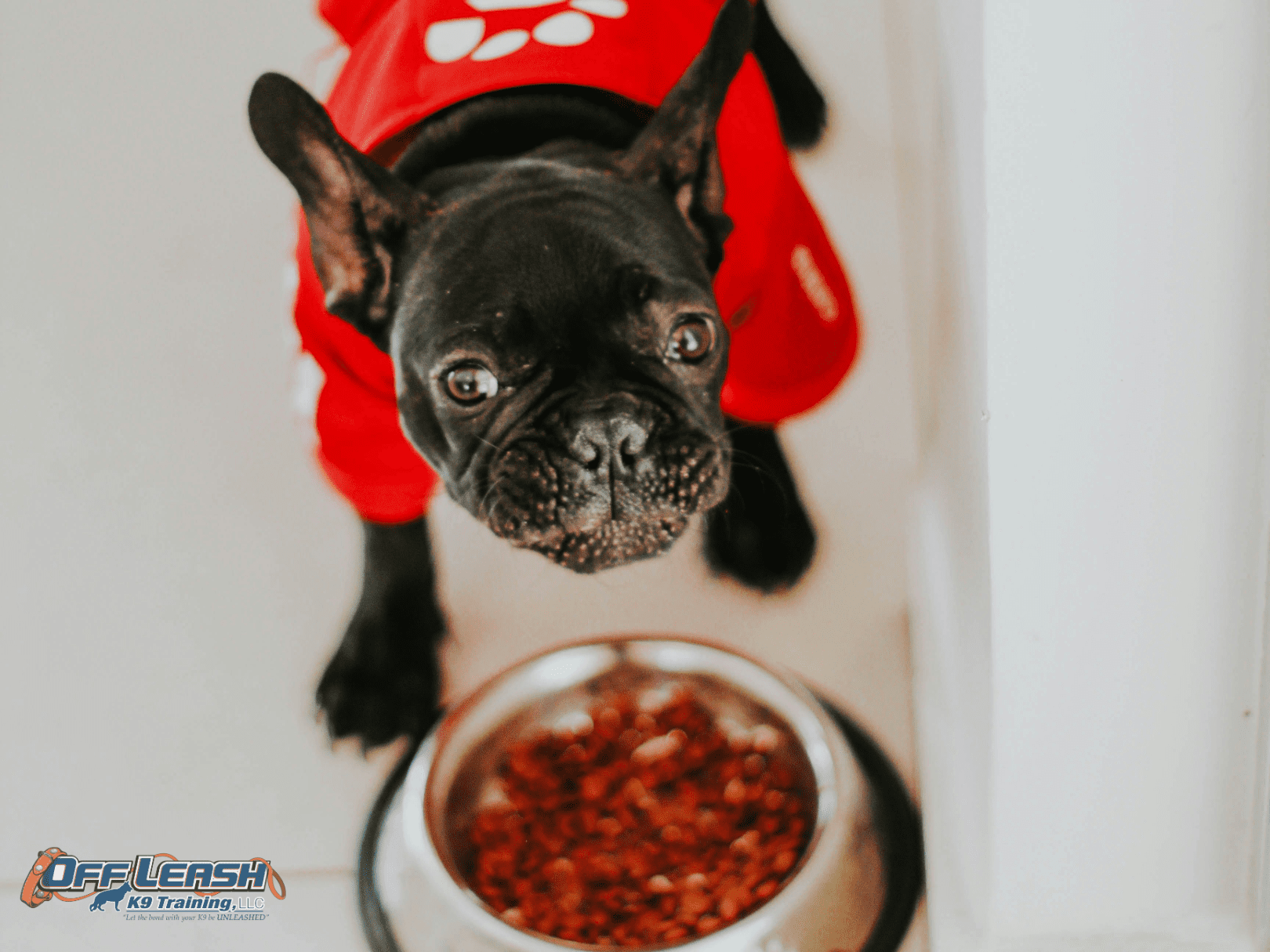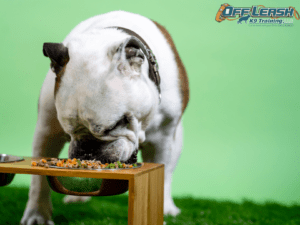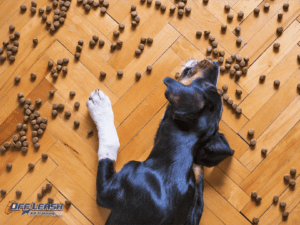A comprehensive guide on dog food recalls, including understanding the types of recalls, recent cases of salmonella outbreaks, how to identify recalled products, immediate steps to take when your dogs food is recalled, and tips for preventing future dog food issues.
Overview of Dog Food Recalls
Dog food recalls serve as a critical measure for safeguarding the health of our four-legged friends, triggered by several potential issues that could compromise their well-being. These issues range from contamination with pathogens like Salmonella, which can cause serious illness in both pets and their owners. to the mislabeling of ingredients that could lead to allergic reactions or nutrient deficiencies in pets. Additionally, recalls may be initiated due to nutrient imbalances, where either an excess or deficiency of vital nutrients could pose significant health risks to animals. Such recalls underscore the importance of rigorous quality control in pet food manufacturing and the vigilant monitoring of products post-market.
The Food and Drug Administration (FDA) is at the forefront of this critical oversight, working diligently to identify potential safety concerns through inspections, testing, and reports from pet owners and veterinarians. When a safety issue is identified, the FDA can request or order a recall of the affected product to protect public and pet health. For pet owners, staying abreast of the latest recall information is essential for preventing potential health risks to their pets.
 Understanding the Types of Dog Food Recalls
Understanding the Types of Dog Food Recalls
Navigating the landscape of dog food recalls can be challenging for pet owners without a clear understanding of the different types that exist. The categorization of recalls into firm-initiated, FDA-requested, and FDA-ordered recalls serves as a vital framework for understanding the underlying reasons and the level of severity associated with each recall. Firm-initiated recalls represent a proactive step taken by pet food companies to voluntarily remove their product from the market. This action usually occurs when a company identifies a potential safety issue, such as contamination or mislabeling, before it becomes a widespread problem. A notable example of this was when a well-known brand voluntarily recalled one of its popular dog food lines after discovering a risk of Salmonella contamination, showcasing the company’s commitment to pet safety and health.
On the other hand, FDA-requested recalls happen when the Food and Drug Administration (FDA) identifies a significant concern with a pet food product and formally requests the manufacturer to initiate a recall. This type of recall typically signifies that the issue was detected through FDA’s monitoring processes or as a result of consumer reports. FDA-ordered recalls, the most severe form, are issued when the FDA mandates the removal of a product from the market due to immediate and significant health risks to pets, such as toxic contamination. These recalls underscore the critical role that the FDA plays in safeguarding pet health and the importance of swift action to mitigate risks. For example, in the case of a major brand’s dry dog food linked to multiple cases of Salmonella infection, the FDA ordered a recall after establishing a direct connection between the product and the outbreak, highlighting the urgency and gravity of FDA-ordered recalls.
Understanding the differences among these recall types not only helps pet owners make informed decisions about their pets’ nutrition and safety but also emphasizes the importance of staying vigilant and informed about potential food safety issues. Regularly checking reputable sources like the FDA’s website and the Dog Food Advisor can aid pet owners in keeping abreast of the latest recalls and ensuring their pets’ well-being.
Recent Cases of Salmonella Outbreaks in Dog Food
Recent incidents of Salmonella outbreaks in dog food have underscored the critical nature of staying informed about pet food recalls and the potential health risks they pose. In a significant case, the CDC and FDA reported an outbreak of Salmonella Kiambu infections linked to products manufactured by Mid America Pet Food. This outbreak resulted in the recall of various pet food brands, including Victor, Eagle Mountain, and Wayne Feeds, affecting not only pets but also their human families. Seven people were infected with the Salmonella strain found in these pet foods, with one case requiring hospitalization, emphasizing the serious health implications of such outbreaks.
The response to this outbreak involved comprehensive measures to protect both pets and their owners from further harm. Consumers were urged to immediately dispose of any affected products and undertake thorough cleaning and disinfection of all pet-related supplies and surfaces. This incident serves as a stark reminder of the importance of vigilance in monitoring pet food safety and the potential for zoonotic disease transmission between pets and humans. For pet owners looking to ensure the well-being of their furry companions, staying updated on recall information and practicing safe pet food handling are essential steps.
Identifying Recalled Dog Food Products
Identifying whether your dog’s food has been recalled involves a few key steps that are crucial for ensuring the safety and well-being of your pet. First and foremost, the lot number on the pet food packaging is an essential identifier. This unique code helps track specific batches of pet food, making it easier to verify if the product in your possession is part of a recall. In addition to the lot number, UPC codes, “Best By” dates, and packing codes are also vital pieces of information that can assist in confirming a product’s recall status. Keeping a record of these details, such as by taking a photograph of the packaging or writing them down, can prove invaluable in quickly determining if your dog’s food is safe.
Moreover, in the event that you notice something off with your dog’s food or suspect it may be causing health issues, it’s imperative to report these concerns promptly. Even if there hasn’t been an official recall announced, your report could flag a potential issue that might otherwise go unnoticed, thereby preventing further health risks to other pets. This proactive approach to pet food safety not only helps protect your own pet but also contributes to the overall well-being of pets nationwide. Always remember to check reputable sources like the FDA’s website and Dog Food Advisor for the most current recall information and to practice good hygiene habits when handling pet food to reduce the risk of contamination [1].
Immediate Steps When Your Dog’s Food Is Recalled
Discovering that your dog’s food has been recalled can be alarming, but taking swift and decisive action is crucial for your pet’s health. The first step is to immediately stop feeding the recalled product to your dog. Continuing to use the product could pose serious health risks, depending on the reason for the recall, such as contamination with harmful bacteria like Salmonella. For example, the CDC and FDA’s investigation into cases of Salmonella Kiambu infection linked to certain brands of pet food underscores the importance of promptly discontinuing the use of recalled products.
After ceasing the use of the recalled food, it is essential to dispose of it safely. The FDA or the pet food company will usually provide specific instructions on how to do this properly to minimize environmental impact and ensure safety. Additionally, any containers, bowls, scoops, or surfaces that may have come into contact with the recalled food should be thoroughly cleaned and sanitized to eliminate the risk of cross-contamination. This includes washing these items in hot, soapy water or using a dishwasher if they are dishwasher-safe. Such meticulous cleaning is vital, as even small traces of contaminated food can pose health risks to your pet and household.
Preventing Future Dog Food Issues
In the wake of recent dog food recalls, it’s become increasingly important for pet owners to take proactive steps to ensure the food they’re feeding their beloved pets is safe and free from contamination. A cornerstone of this effort is staying abreast of recall announcements and safety warnings. Regularly consulting reputable sources such as the Dog Food Advisor and the FDA’s website is an excellent way to remain informed about the latest recall information. These platforms provide up-to-date details on recalls initiated due to various safety concerns, including contamination or mislabeling, which can pose serious health risks to your pets.
Beyond staying informed, selecting high-quality pet food from brands known for their safety standards and good track record is crucial. This choice can significantly reduce the risk of encountering food-related issues down the line. Additionally, maintaining good hygiene practices when handling pet food is essential. This includes washing hands before and after feeding your pet, keeping pet feeding areas clean, and storing pet food properly to prevent contamination. Such practices not only contribute to preventing future dog food issues but also promote overall pet health and well-being.
Comprehensive Care Beyond Food Safety
Ensuring your dog’s overall well-being involves more than just monitoring food safety. At Off Leash K9 Training of Phoenix, we believe in a holistic approach to pet care that includes nutrition, behavior, and health. Our expert guidance on dog behavior, training techniques, and obedience can complement responsible feeding practices, contributing to your pet’s happiness and safety. By taking these steps and being vigilant about pet food safety, you can help protect your dog from potential health risks associated with food recalls.


 Understanding the Types of Dog Food Recalls
Understanding the Types of Dog Food Recalls

